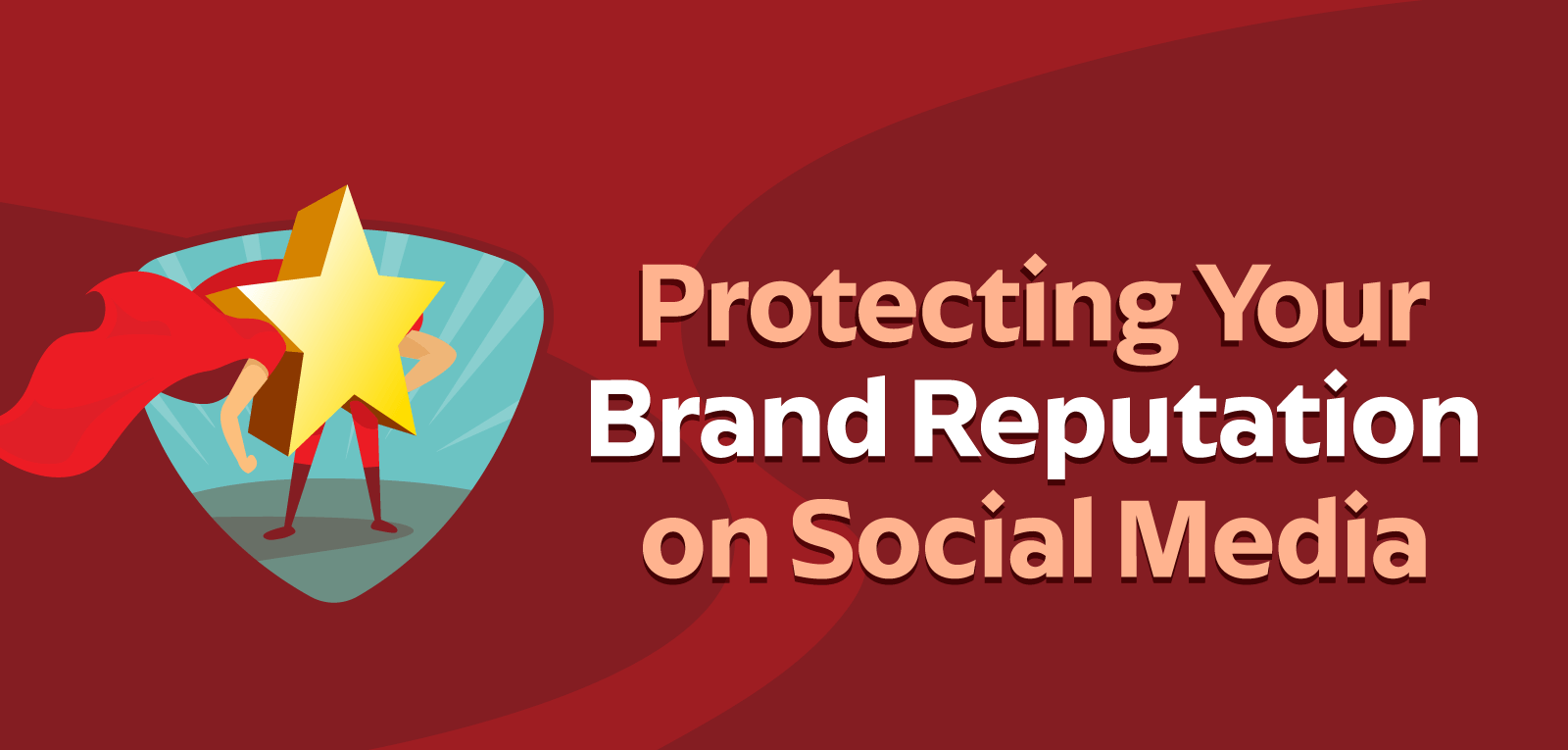In today’s digital era, where social media platforms have become the cornerstone of communication and interaction, a brand’s reputation holds immense significance. The way a brand is perceived on social media can greatly impact its success, customer loyalty, and overall growth. In this article, we’ll delve into the world of brand reputation on social media, exploring its importance, strategies to manage and enhance it, and the tools available for effective monitoring.
The Power of Brand Reputation Social Media

In an interconnected world, social media has transcended its role as a mere communication platform and has emerged as a potent tool for shaping brand reputation. Brands can directly interact with their audience, receive real-time feedback, and project their values and identity effectively. The speed at which information spreads on social media necessitates a strategic approach to maintain a positive reputation.
Understanding the Components of Brand Reputation
1 Authenticity and Transparency
Consumers today value transparency and authenticity. Brands that openly communicate their values, practices, and even vulnerabilities tend to establish stronger connections with their audience. When brands are honest about their successes and failures, consumers perceive them as more genuine and trustworthy.
2. Customer Engagement and Interaction
Engagement goes beyond the number of likes and shares. It involves actively responding to comments, addressing concerns, and fostering meaningful conversations. Regular interaction with followers creates a sense of community and demonstrates that the brand genuinely cares about its customers.
3. Consistency in Messaging
Consistency across all social media platforms is essential for building a solid brand reputation. A unified brand voice, visuals, and messaging contribute to a coherent brand image. Inconsistencies can lead to confusion and erode trust.
The Impact of Positive Brand Reputation On Social Media
A positive brand reputation yields numerous benefits. It builds brand loyalty, encourages repeat purchases, and attracts potential customers. Positive word-of-mouth on social media can significantly expand a brand’s reach and influence, leading to organic growth.
Negative Brand Reputation: Causes and Consequences
1. Addressing Customer Complaints
Negative feedback is inevitable, but how a brand handles it can turn the situation around. Promptly addressing complaints, offering solutions, and demonstrating a willingness to learn from mistakes can impress customers and even convert them into brand advocates.
2. Handling Social Media Crises
Social media crises can escalate rapidly. Having a well-defined crisis management strategy is crucial. Brands should acknowledge the issue, provide accurate information, and keep customers updated on the steps being taken to resolve the situation.
Strategies for Building and Managing Brand Reputation
1. Crafting a Compelling Brand Story
A captivating brand story helps consumers connect emotionally. By sharing the brand’s journey, values, and mission, brands can create a narrative that resonates with their target audience.
2. Active Social Media Listening
Understanding customer sentiment is vital. Social media listening tools allow brands to track mentions, identify trends, and gather insights into customer perceptions. This information can guide strategic decisions.
3. Providing Value through Content
Creating valuable and relevant content showcases the brand’s expertise and fosters trust. Whether through informative blog posts, engaging videos, or interactive infographics, brands can position themselves as reliable sources of information.
4. Leveraging Influencer Collaborations
Partnering with influencers can expand brand reach and credibility. However, the choice of influencers should align with the brand’s values and target audience to maintain authenticity.
5. Timely Responses and Conflict Resolution
Quick response times to customer inquiries or concerns demonstrate attentiveness. Brands should prioritize resolving conflicts privately whenever possible to avoid public disputes.
Tools for Monitoring and Analyzing Brand Reputation
1. Social Media Management Platforms
Platforms like Hootsuite and Buffer enable brands to schedule posts, monitor multiple social media accounts, and engage with followers efficiently.
2. Online Mention Trackers
Tools like Google Alerts notify brands whenever they are mentioned online, allowing them to stay informed about conversations related to their brand.
3. Sentiment Analysis Tools
These tools analyze customer comments and reviews to determine sentiment (positive, negative, neutral), providing valuable insights into brand perception.
Enhancing Brand Reputation through User-Generated Content
Encouraging customers to share their experiences and content related to the brand fosters authenticity. User-generated content serves as social proof and showcases genuine satisfaction.
The Role of Employee Advocacy in Brand Reputation On Social Media
Employees can act as brand ambassadors on social media, sharing their experiences and insights. Their authentic posts contribute to a more personal and relatable brand image.
Measuring Brand Reputation: Metrics that Matter
1. Engagement Rate
The level of engagement (likes, comments, shares) indicates how well the audience is connecting with the brand’s content.
2. Brand Mentions and Share of Voice
Tracking brand mentions and comparing them to competitors provides insights into the brand’s visibility and reach.
3. Customer Feedback and Ratings
Monitoring reviews and feedback helps gauge customer satisfaction and identify areas for improvement.
Staying Ahead: Adapting to Evolving Social Media Trends
Social media is ever-evolving. Brands must stay updated on emerging platforms, technologies, and trends to maintain relevance and adapt their strategies accordingly.
Conclusion
In the digital age, a brand’s reputation on social media can make or break its success. By cultivating authenticity, engaging customers, and leveraging tools for monitoring and analysis, brands can proactively shape their reputation and foster meaningful connections with their audience. Prioritizing customer satisfaction, consistency, and adaptability will undoubtedly lead to a strong and positive brand reputation that stands the test of time.
Ready to elevate your brand’s reputation on social media? Request a demo from AIM Technologies today!
FAQs
What is the significance of brand reputation on social media?
- Brand reputation on social media directly impacts customer perception, loyalty, and business growth. A positive reputation can attract new customers and retain existing ones.
How can brands effectively address negative feedback on social media?
- Brands should address negative feedback promptly and professionally, offering solutions and demonstrating a commitment to improvement.
What role do influencers play in enhancing brand reputation?
- Influencers can amplify a brand’s message and reach, lending credibility and authenticity to its reputation.
Why is user-generated content important for brand reputation?
- User-generated content showcases real customer experiences, building trust and authenticity.
What are some emerging trends in social media that brands should watch out for?
- Emerging trends like augmented reality, video-first content, and micro-moments can reshape brand strategies and engagement tactics.




